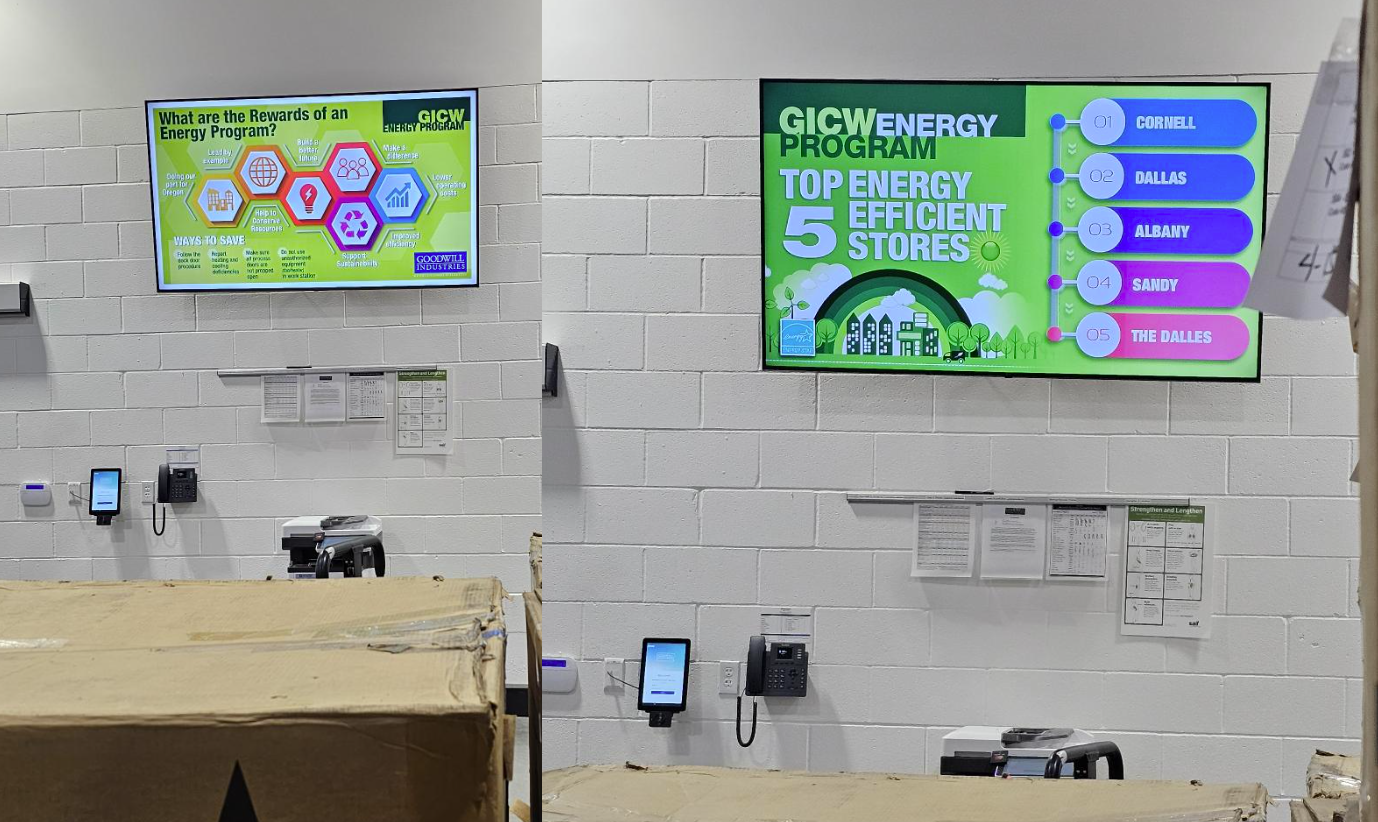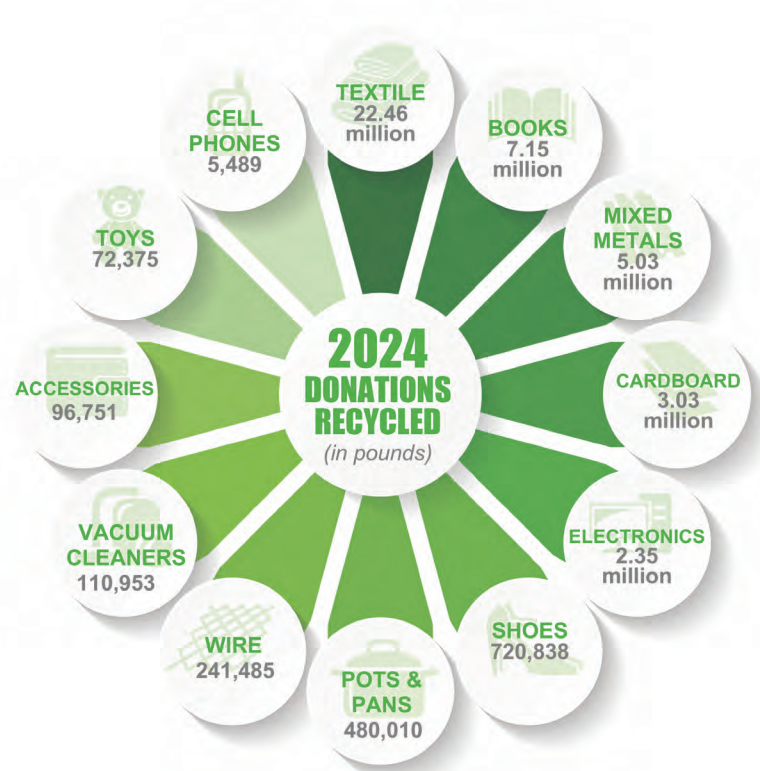Mahsha Ahanchian
4/30/2025 10:36 AM
- Wildlife Guardian 🦉
With two smart thermostats in a home that has multiple zones (e.g., upstairs and downstairs systems)., you’re saving 1,500–1,800 lbs CO₂ per year (0.75–0.9 tons)
According to EPA and ENERGY STAR, a single smart thermostat can save ~8–10% on heating and cooling energy.
For the average U.S. home, that’s about 500–900 kWh/year or 50–90 therms of natural gas saved.
That translates to roughly 750–900 lbs of CO₂ per thermostat per year, depending on your fuel source.
According to EPA and ENERGY STAR, a single smart thermostat can save ~8–10% on heating and cooling energy.
For the average U.S. home, that’s about 500–900 kWh/year or 50–90 therms of natural gas saved.
That translates to roughly 750–900 lbs of CO₂ per thermostat per year, depending on your fuel source.
-
 Marti Mendenhall 4/30/2025 12:01 PM
Marti Mendenhall 4/30/2025 12:01 PM- Adventurer 🏔
Nice research, Mahsha—love the stats! Always great to see the real impact smart thermostats can make. They’re such a low-barrier, high-impact upgrade.

